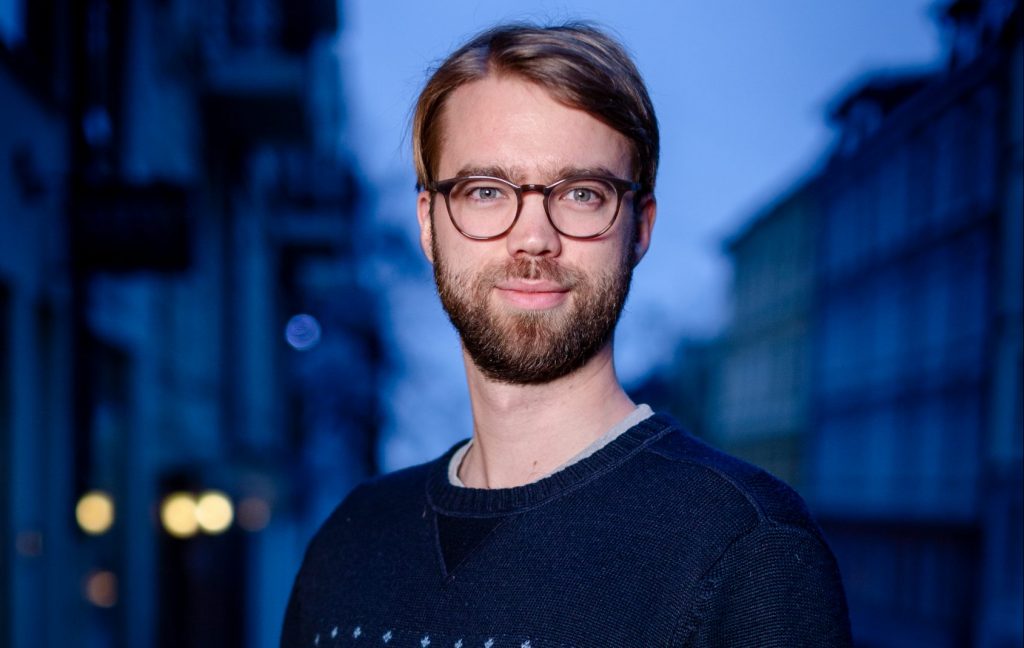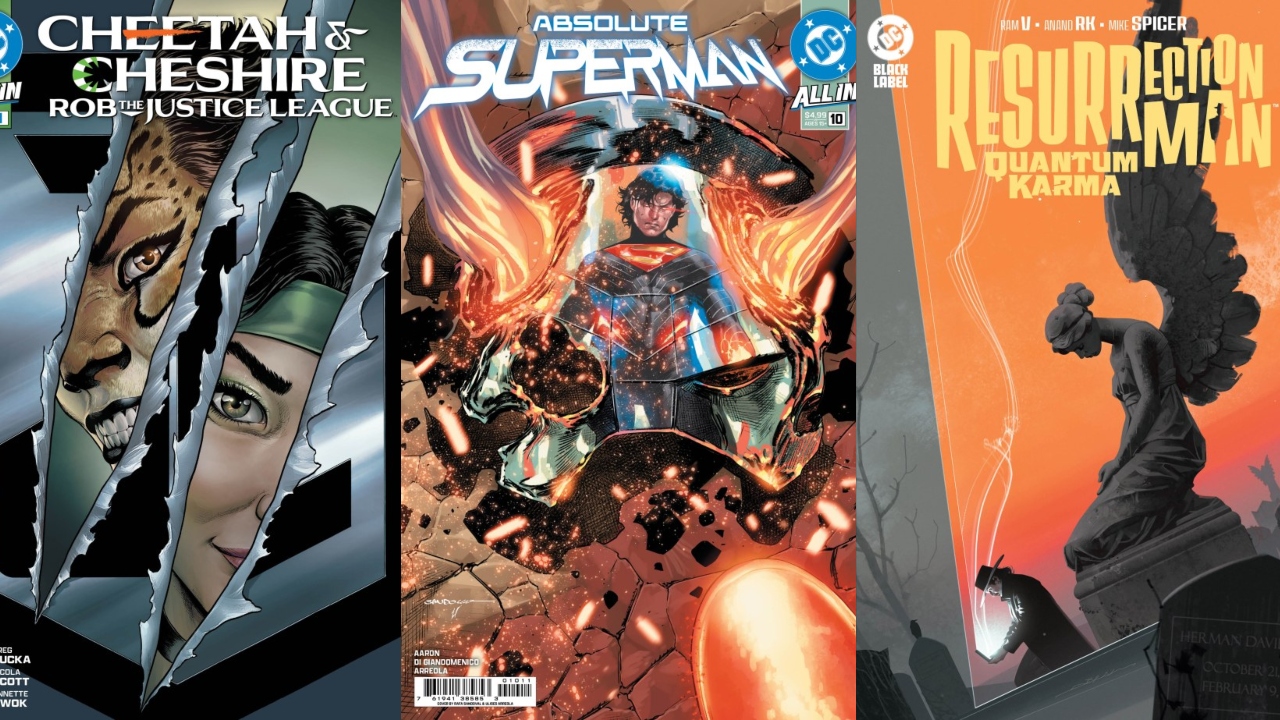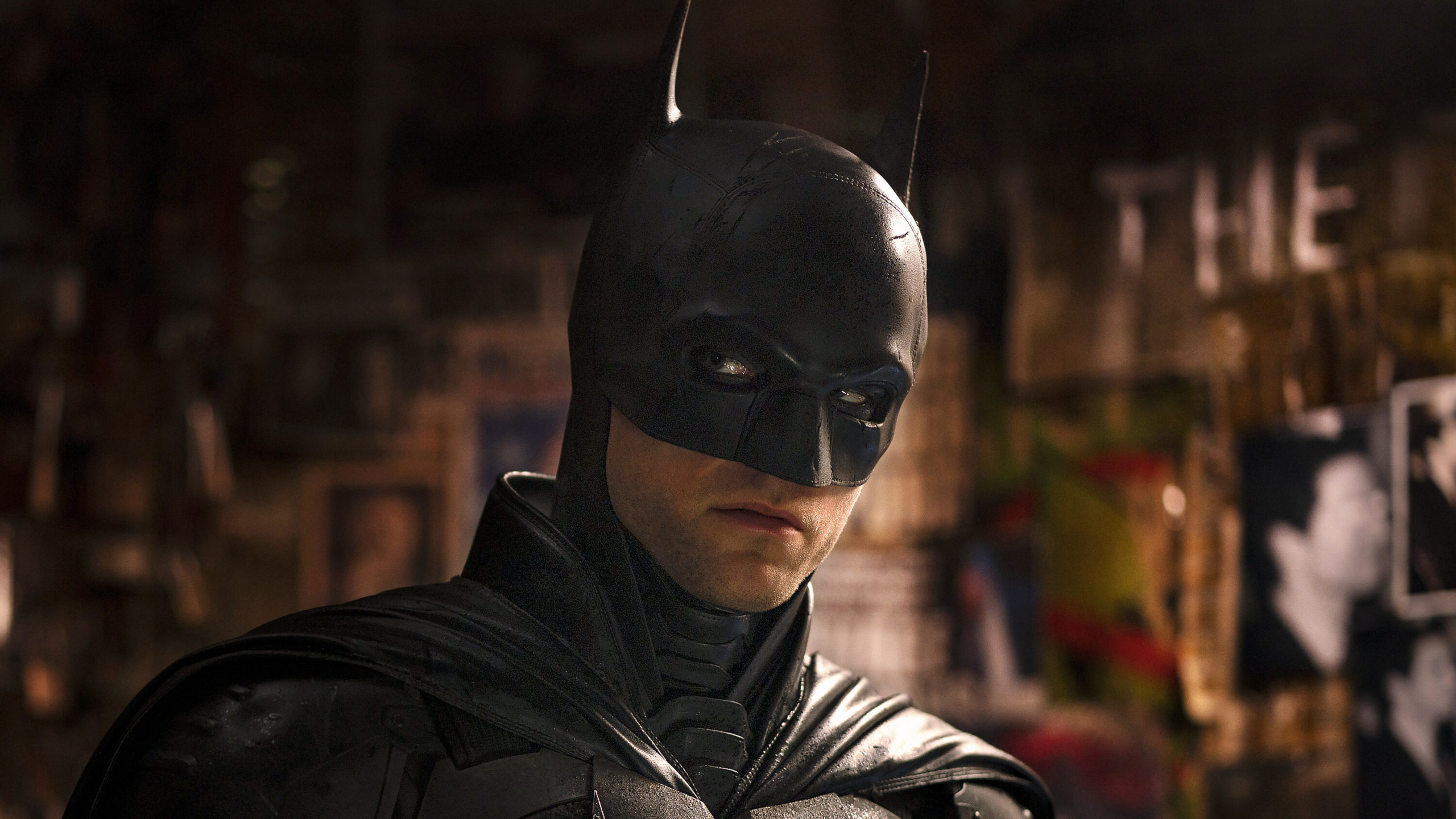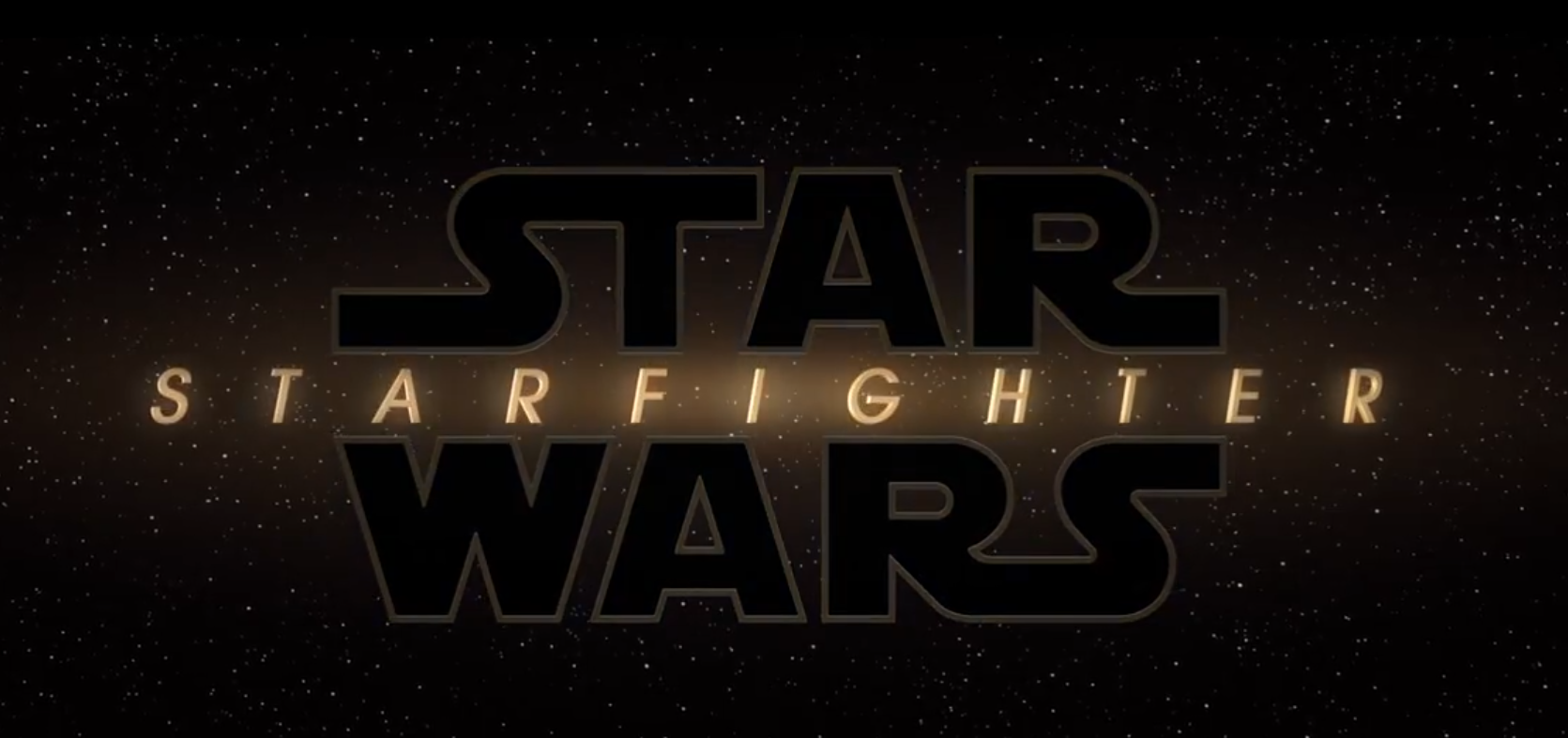Imagine having your work stolen from you and meeting the person who took them. Would you be able to not only forgive that person but become their friend? In The Painter And The Thief Barbora Kysilkova is faced with this dilemma of confronting the person who stole her artwork and find a place of forgiveness. Not only did Barbora had to confront her thief but it was all documented on camera over three years. This documentary which spans over three years witnesses two people confronting life head on and form an inextricable bond. I was able to sit down and talk with Director Benjamin Ree and Karl-Bertil Norland, the thief, to discuss the journey of emotions throughout the entire process making the documentary.
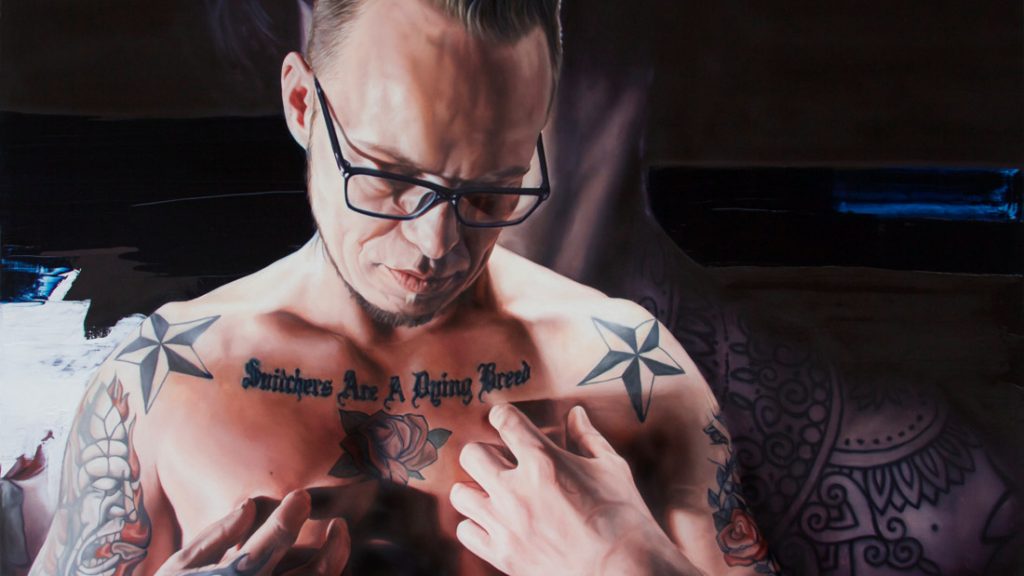
Nancy Tapia: Well, guys, I really enjoyed The Painter and The Thief. It’s not what you anticipated, but yet you do. You have this beautiful friendship that you, as a viewer, just fall in love with.
Benjamin Ree: Thank you. Thank you for saying that.
Nancy Tapia: Yes, of course. So tell me, let’s start with you, Benjamin, as a director. Why the story? What was so appealing to you and want to get involved in it?
Benjamin Ree: It all began with me researching art robberies. I was fascinated by art robbers. Then this story was on the front pages in the regional newspapers. So I followed the case and after the trial, I contacted Barbora, the painter, and I got to know that she had approached Karl-Bertil, the thief, in the court and asked if she could paint him.
I thought that was just a great starting point of a story and both Barbora and Karl-Bertil are so open. They have their hearts on the outside, their emotions on the outside. So I thought that with a writer, I would like to be with the camera and it’d be a long filming. And I did not know anything where the story might end up. So I actually began filming this as a short documentary, 10 minute documentary, not knowing anything where it might end up or what kind of access I would get. But I thought they were both well worth filming. And the three years after we are here.
Nancy Tapia: Well, I bet the process was super exciting. Not knowing where it was going. Even as a viewer, it was surprising the stuff that happened.
Benjamin Ree: Absolutely. It was a really incredible journey. But, of course, also very tough because both Barbora and Karl-Bertil had their struggles during the filming period. That you also see in the film. So I think that it was tough for you also to see them struggle. I was really hoping that they will get a better life. And Bertil really proved that is possible.
Nancy Tapia: How did you work your magic in this documentary and making the viewer feel for these two people? For Barbora and Karl?
Benjamin Ree: I don’t think I have to do so much. I just have to show who they are. I think that in documentaries, if you have subjects, people that are open to really show their vulnerability and their emotions on the outside, it’s quite easy to get the audience to like them and understand them. And I’m not talking bout now that we have to see good traits, or that people are really nice, all the time. I think that we need to see complex people portrayed on screen with their problems also.
But I think that the most important thing is to create understanding. Like when you get to an understanding vibe that he’s taking drugs, then you understand and empathize with him. And I think that’s really crucial to make the audience like the person and feel. I want the audience to feel like Karl-Bertil and Barbora are their friends, like they’re really get to know them. Hopefully.
Nancy Tapia:: So, Karl, what’s it like to be now a portrait celebrity? Not a thief, but a actual portrait celebrity.
Karl-Bertil Nordland: I don’t feel like a portrait celebrity, but I am honored to be painted by Barbora.
Nancy Tapia: From watching the documentary, you mention not being sure about Barbora’s intentions at the beginning. But what was that moment, that point, in interacting with her where you knew she meant zero harm?
Karl-Bertil Nordland: I felt that an instant connection with Barbora from the first time we met. We connected right away and I trusted her early in the process of us getting to know each other.
Nancy Tapia: Karl in the documentary, we got to see a bit about your life. What would the Karl from today, say to Karl from the beginning of the documentary?
Karl-Bertil Nordland: To not give up. Not give up. You’ve got to love yourself.
Nancy Tapia: Yeah. Definitely that. I think your story is going to be very helpful. Your life experience is going to be helpful for many, many viewers. What do you hope viewers take away from your story?
Karl-Bertil Nordland: To remove some stigmas. How people see the person behind all the trouble, behind all the abuse, the drugs and the crime, to see the person that everybody hasn’t given up. It’s possible to change. We see it’s possible to stop doing heroin.
Nancy Tapia: Right. And how are you doing today? Can you share where you’re at in life right now?
Karl-Bertil Nordland: I’m doing good today. I study sports science, lifting weights and staying sober. I have been sober for over a year now.
Nancy Tapia: That’s impressive, very impressive. And congratulations sticking to school. School is not an easy thing.
Karl-Bertil Nordland: No, it’s not. It’s not when you’re 41-years-old.
Nancy Tapia: Like starting all over, right? So what can you tell me about your friendship today with Barbora?
Karl-Bertil Nordland: Yeah. It’s like it was at the end of the movie. We are like siblings. She lives an hour away from me. She lives over the border in Sweden. I’ve seen her a couple of times this last month, when the coronavirus repairs, and the border opens, I will see her more frequently, I hope. But we talk on the phone every week. Both she and Benjamin are two of my closest friends.
Nancy Tapia: That’s great! In that case, it’s not only the painter and the thief friendship here.
Karl-Bertil Nordland: Yeah.
Nancy Tapia: So, Benjamin, can you tell me a little bit about the process of the filming? How long did it take? It seems like it was a couple of years.
Benjamin Ree: We filmed for three years, and it took eight months to edit. So it is also a long process. And I liked to film a lot because you never know what kind of things will happen. So when I came back to see the painting for the first time in the film, we didn’t expect that at all.
So I like to film a lot so we have a lot of raw material to work on in the editing room. But that also made it possible for us to capture crucial moments in their lives. So we filmed a lot, and used a lot of time in the editing room. Also to figure out the structure of the story. And as the title implies, we tell the story from both the painter, and the thief’s, perspective.
Also Check Out: Selena Director Gregory Nava Talks About Making The Film And Its Success
Nancy Tapia: So when did you start? What year did you start?
Benjamin Ree: We began filming in 2016.
Nancy Tapia: Just out of curiosity, as a director, how was it filming? What was your experience experiencing those really hard, dark moments for Barbora as a struggling artist. And of course, Karl going through these really low moments.
Benjamin Ree: For me personally, it’s very tough. And I limit filming stuff like that because it’s always a dilemma. Should I continue filming when they’re struggling? Or should I give them a hug or be there for them as a human?
And that’s a continued struggle for me while filming. And we always talk about why we film certain things. Why is it important? And then Bertil and I talked a lot about why we filmed him going to rehab? And Bertil wanted to portray, show, another side of drug abuse that you don’t see that often portrayed in the media. And that is when the party’s over. Often drug use is portrayed in a good, glorified way. And we wanted to show the ugly truth.
So we often talked about why it is important to show this in the film. Why do we do this? How can this be a help to others? And when we have a common understanding of that, it’s much easier to film it because we both know why we’re filming it. But it’s an ongoing struggle for me, and a dilemma for me, to film scenes like that.
Nancy Tapia: Yes. As I was watching, I was just like, “Wow! This is tough.” Tough to watch. I can’t imagine you being there personally witnessing their struggles. What do you hope viewers take away from watching this film overall?
Benjamin Ree: I think Bertil mentioned it’s a very crucial thing for the film to remove stigmas from society, and show them the human, the person, behind the criminality, the drug abuse, to really get to know these people. I think that’s to remove stigma is something I hope people can take away from it. And I also hope it’s an entertaining film with a lot of turning points that you enjoy watching.
And I hope, also, that you can think about some questions that were raised in the film after watching it. Questions like what will humans do in order to be seen? What does it take of us to help others, to give other people a second chance? So I hope also that the people that can think about some questions after watching the film.
Nancy Tapia: Great. Well, congratulations to both of you. And getting picked up by Hulu. Hulu viewers will be able to watch this film this week, May 22nd.
Benjamin Ree: Thank you very much. Thank you for doing the interview.
Nancy Tapia: Of course, and Karl, thank you.
Karl-Bertil Nordland: Thank you so much.
NEON will release THE PAINTER AND THE THIEF on Hulu, VOD, Virtual Cinemas and participating Drive-Ins THIS FRIDAY May 22nd, 2020. The Painter And The Thief showcased at the 2020 Sundance Film Festival and is the WINNER of Special Jury Prize for Creative Storytelling
—–
Have you checked out LRM Online’s official podcast feed yet The LRM Online Podcast Network? This includes our flagship podcast Los Fanboys, our premiere podcast Breaking Geek Radio: The Podcast, GeekScholars Movie News, and our morning show LRMornings. Check it out by listening below. It’s also available on all your favorite podcast apps!
Subscribe on: Apple Podcasts | Spotify | SoundCloud | Stitcher | Google Play
SOURCE:

 FOR FANBOYS, BY FANBOYS
Have you checked out LRM Online’s official podcasts and videos on The Genreverse Podcast Network? Available on YouTube and all your favorite podcast apps, This multimedia empire includes The Daily CoG, Breaking Geek Radio: The Podcast, GeekScholars Movie News, Anime-Versal Review Podcast, and our Star Wars dedicated podcast The Cantina. Check it out by listening on all your favorite podcast apps, or watching on YouTube!
Subscribe on: Apple Podcasts | Spotify | SoundCloud | Stitcher | Google Play
FOR FANBOYS, BY FANBOYS
Have you checked out LRM Online’s official podcasts and videos on The Genreverse Podcast Network? Available on YouTube and all your favorite podcast apps, This multimedia empire includes The Daily CoG, Breaking Geek Radio: The Podcast, GeekScholars Movie News, Anime-Versal Review Podcast, and our Star Wars dedicated podcast The Cantina. Check it out by listening on all your favorite podcast apps, or watching on YouTube!
Subscribe on: Apple Podcasts | Spotify | SoundCloud | Stitcher | Google Play

